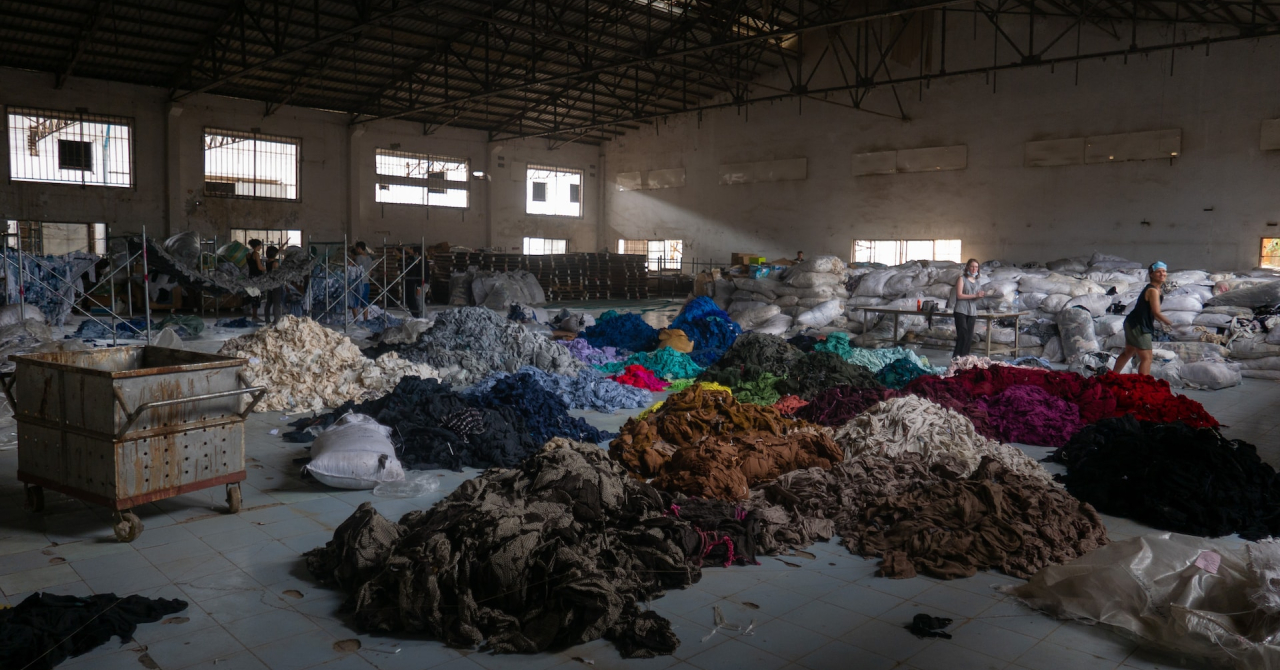Fighting food waste is a triple win: it saves food for human consumption and thereby contributes to food security. It helps companies and consumers to save money, and it lowers the environmental impact of food production and consumption.
To accelerate the EU's progress, the Commission proposes that, by 2030, Member States reduce food waste by 10%, in processing and manufacturing, and by 30% (per capita), jointly at retail and consumption (restaurants, food services and households).
Textile waste also burdens limited natural resources. Around 78% of the textiles waste is not separately collected by consumers and ends up in mixed household waste, destined to be incinerated or landfilled.
Furthermore, as much as 35% of the microplastics that can be found in the environment can be tracked to fashion items, such as synthetic clothes. This is a huge issue, because the tiny plastic particles eventually reach the oceans and the fish that we eat, virtually coming back to harm us.
This is why, by 2030, the EU's vision for the fashion market is that all textile products sold in the EU are to be durable, repairable and recyclable, with repair and re-use centers being more and more popular around the bloc.
Companies in the region will also be encouraged to adopt designs that are friendly with repairs and that can extend the lifecycle of a product. Also, to protect other countries around the world, the export of textile waste will also be restricted.
 Mihai - Cristian Ioniță
Mihai - Cristian Ioniță












Any thoughts?